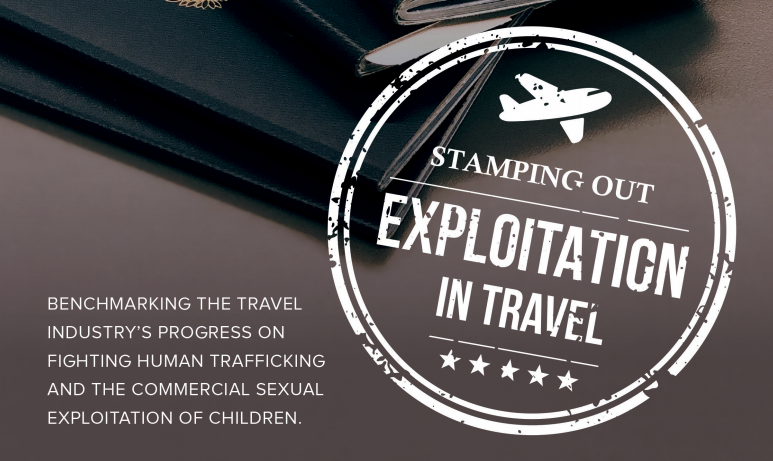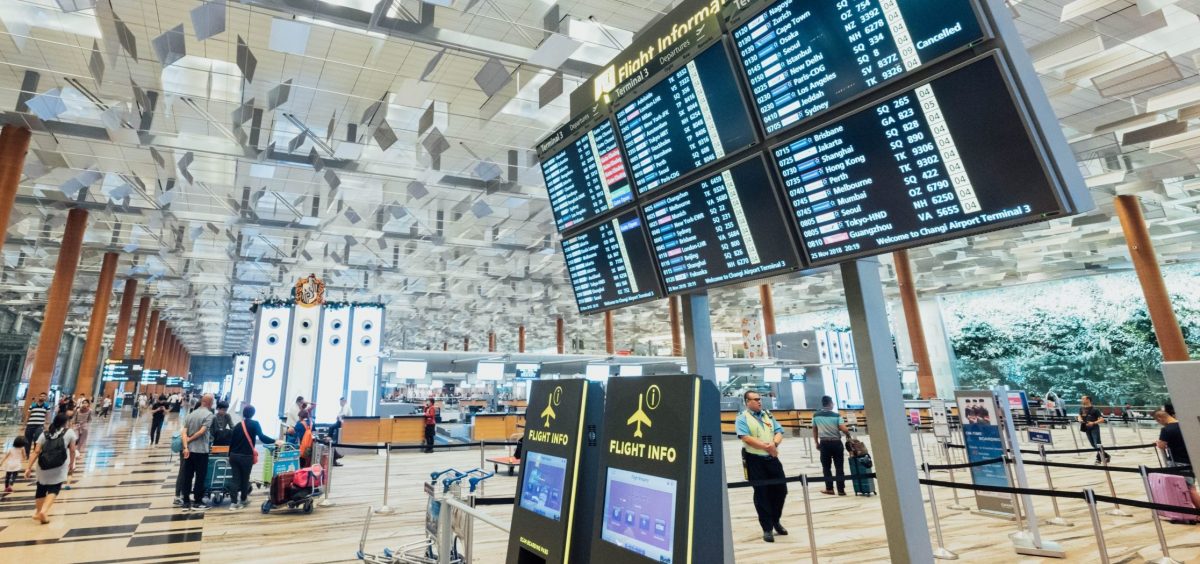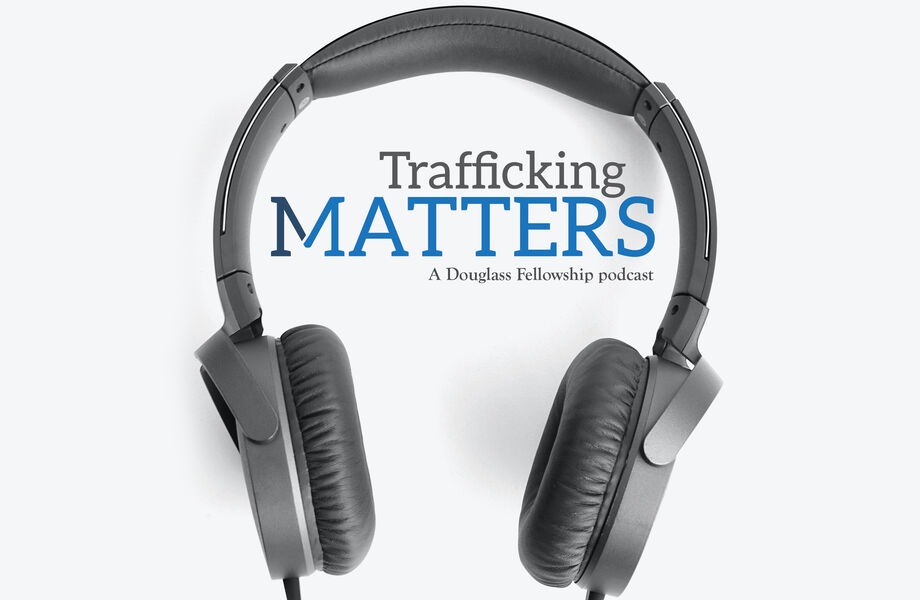The private sector plays a major role in ensuring profits do not come at the expense of children. Particularly in the travel and hospitality industry, there is both a great responsibility and opportunity to ensure associates have the knowledge and resources to address human trafficking and the commercial sexual exploitation of children.
That is why ECPAT-USA began partnering with travel companies in 2004. They began by releasing The Code, a set of six guidelines for travel companies looking to comprehensively address the commercial sexual exploitation of children. Then, ECPAT-USA helped companies utilize these guidelines to expand their efforts to address all forms of trafficking. However, despite developing a unified mission, companies began adopting their own set of operational and procedural changes. These differences needed to be fully understood and shared so companies could learn from each other.

To address this gap in knowledge sharing, ECPAT-USA launched Stamping Out Exploitation in Travel, a benchmarking report that presents key findings and themes from a study of 70 companies in the travel industry. The benchmark report assessed each company’s initiatives to fight human trafficking and the commercial sexual exploitation of children. The report also identified a baseline for company efforts to combat child trafficking, established a way to measure progress, and highlighted best practices to encourage cross-learning within the travel industry.
With this benchmark report, companies can compare their efforts to both the rubric and the efforts of their peers. It also gives insight into areas where companies are improving as well as areas where stakeholders such as non-governmental organizations (NGOs), socially responsible investors, and consumers can provide more guidance. Additionally, the report provides insight into corporate social responsibility practices.
Stamping Out Exploitation in Travel’s Methodology
ECPAT-USA used a rubric to measure and score company efforts according to specific criteria within each of the categories. In order to gather data, ECPAT-USA collected information from publicly available reports, websites, and interviews as well as reports submitted to The Code.
Criteria for scoring was based on specific indicators and broken down by sub-themes. The report scored companies on four categories (themes):
- Policies & Procedures to address human trafficking and the commercial sexual exploitation of children
- Implementation of these policies and procedures, as well as additional actions taken to prevent or respond to child sex trafficking beyond The Code commitments
- Contracts, including the extent that child sex trafficking is addressed in relevant contracts and subcontracts
- Transparency & Reporting of human rights standards that incorporate human trafficking and child sexual exploitation and the availability of public information
Companies were provided with scorecards and asked to provide follow-up information.
Stamping Out Exploitation in Travel’s Key Findings
- The travel industry’s average score for their total combined efforts to address human trafficking and child exploitation is a 38 out of 100. This means the industry is meeting only 38% of the criteria necessary to properly address trafficking and child exploitation.
- 70% of travel companies surveyed currently have an established, publicly available anti-human trafficking policy, which has been communicated to their associates.
- 60% of companies reported actively engaging with law enforcement, NGOs, and governments on this issue.
- Only 19% of companies publicly disclose the steps taken to ensure human trafficking is not taking place in their business.
Stamping Out Exploitation in Travel’s Recommendations
The rubric itself offers companies ideas for further engagement on the issue and how to integrate their work on the ground. In addition, the report highlights the following best practices to encourage cross-learning within the travel industry and beyond:
- The private sector must ensure anti-human trafficking policies are robust by referencing a child’s right to live free from sexual exploitation, including zero-tolerance language and outlining training mandates explicitly.
- Governments, both local and federal, must pass laws that require companies to train travel industry employees on human trafficking and commercial sexual exploitation of children, with consultation and resources from NGOs working on the issue.
- Companies must step up human trafficking training efforts. Training must be mandated for all people employed in the travel industry and should include protocols for how to respond to suspected cases. Training must occur at least annually – otherwise, policies condemning human rights abuses are not followed by concrete action. With less than half of all companies surveyed (47%) conducting human trafficking awareness training for their associates in the last 12 months, it is clear that the industry can do better. Practical steps to implement training include:
- Set annual training targets as part of the company’s strategic anti-human trafficking goals.
- Include training as a human resources standard for new employees.
- Make access to resources easy by providing online resources that complement the training— for example, provide a link to the response procedure for suspected cases.
The report recommends stakeholders (such as NGOs, socially responsible investors, and consumers) take the following steps to ensure companies are adequately addressing these issues:
- Encourage companies to make improvements in areas such as transparency or policy engagement. Practical steps include:
- When drafting requests for proposals and/or contracts for meeting spaces, events, or fundraisers include language requiring suppliers to have policies against human trafficking and asking them to train on the issue.
- When discussing corporate giving with partners, incorporate communication about these issues.
- Learn how to identify indicators of human trafficking in a travel context. ECPAT-USA’s Child Trafficking Travel Indicators card is available online and can be used on a phone or computer for easy reference when traveling.
- Travel responsibly. Stakeholders can ensure they travel with companies that have anti-trafficking policies by visiting ECPAT’s responsible traveling page.
ECPAT-USA will continue to use Stamping Out to measure improvements in policies and procedures and promote best practices to ensure every child’s right to grow up free from exploitation.
To learn more visit www.ecpatusa.org/stampingout.




